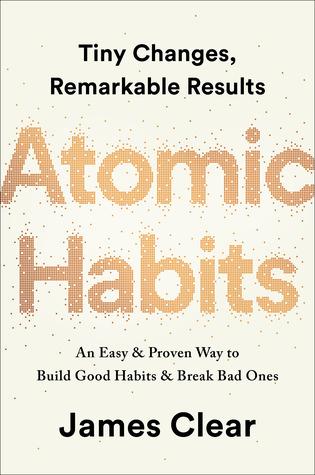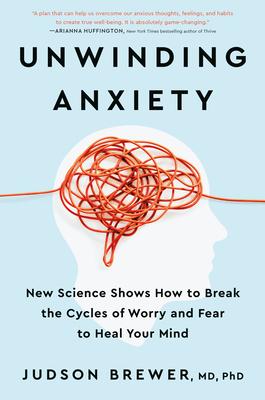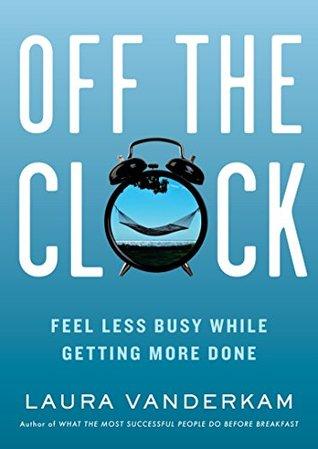This week’s prompt, hosted by The Thousand Book Project, asks you to share books on a single topic that you recommend (“be the expert”) or to look for books on a topic (“ask the expert/become the expert”).
In my previous Nonfiction November post I shared books I read this year on a few common themes like racial justice, food, and criminal investigations. I also wrote earlier in the year about these books related to mental health issues:Broken, The Body Keeps the Score, and Eat a Peach.
This month, I had a read a performance or leadership book for work; I’m a supervisor and we get 8 hours of training credit each year for “independent study”. I’d rather read than do some online training I’ll never remember, plus I can choose whatever book seems most meaningful to me in both my work and personal life. So I’m continuing to read about mental health, just in ways that help me manage my time and stress levels.



Last year I read Off the Clock by Laura Vanderkam. a helpful book about time management. My biggest takeway from this book: recognize when a decision only needs to be good enough, instead of spending days trying to pick something perfect. Determine your parameters and then choose something that meets those parameters. Decision-making is my personal kryptonite, I always feel like once I’ve made a decision I’ve closed off a universe of other possibilities. This book reminded me to follow the advice I often give my team — that sometimes “good enough” is the best approach, because it allows you to finish something up and move on to the next thing.
This year I read Atomic Habits, a book about creating positive habits and breaking negative habits. I knew this would be useful in my personal life, and this in turn makes me better at my job. James Clear encourages us to stop focusing on outcomes, and instead focus on improving the system. If we think about habits as a goal, we either lose motivation when we reach that goal (e.g. training for a race or losing weight for an event) or we lost motivation because we haven’t reached that goal. Instead, he says, think about the kind of person you want to be (e.g. someone who eats healthy food or takes care of their body) and then focus on what you will do differently each day to eat healthier or exercise. He outlines four key factors in changing our systems and backs this up with a good amount of research and examples.
For example, if I want to do yoga every day, here are some things I could do to make it more likely I’ll build the habit I want:
- Make it obvious: set out my yoga clothes in an obvious location and plan for a specific time and place that I’ll do the yoga (for example, after I shut my computer off for work I’ll immediately change into my yoga clothes). Set a reminder on my phone or watch to do this.
- Make it attractive: view yoga as a treat rather than a chore (I get to relax after a tough day).
- Make it easy: aim for a simple activity rather than a full yoga workout each day. For example, say I’ll only do ten minutes each day (and then do more).
- Make it satisfying: track each day that I’ve completed or create a reward for completion.
I found this book practical but also a little simplistic. So I paired it with Unwinding Anxiety by Dr. Judson Brewer. I’m interested in learning more about coping with anxiety, and it turned out this book reinforces quite a bit of what’s in Atomic Habits, but focuses specifically on brain strategies to address anxiety. Both books explain that “willpower” is a myth, and the only way to break bad habits or build positive ones is to understand how habits are formed in the first place. Brewer explains that anxiety and depression are actually habits of the mind. Brewer describes the same cycle as Clear does (trigger, action, and reward) but with a more psychological approach to changing these destructive cycles.
I’m only halfway into this book, but one thing I really appreciate is Brewer’s detailed explanations of concepts like Generalized Anxiety Disorder, panic attacks, depression and mindfulness. I’m learning a lot about my own brain.
Since I’ll need to do this again next year, and there are a million “self-help” books out there, what books do you recommend on the subject of managing time, building better habits, and reducing stress and anxiety? I’d love to hear any recommendations on this topic.

